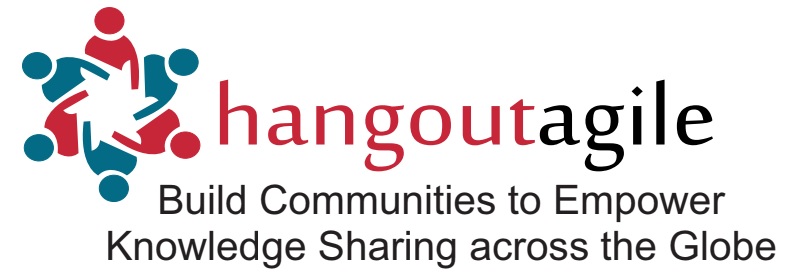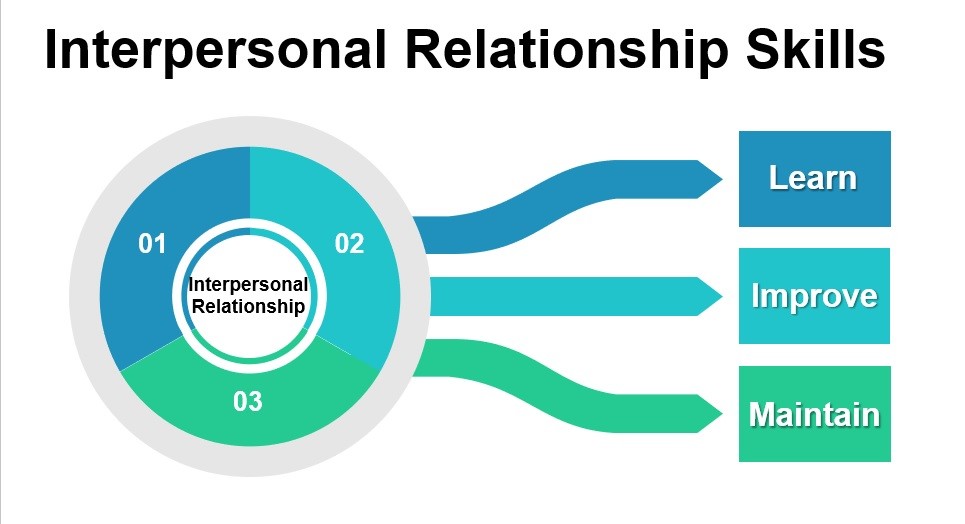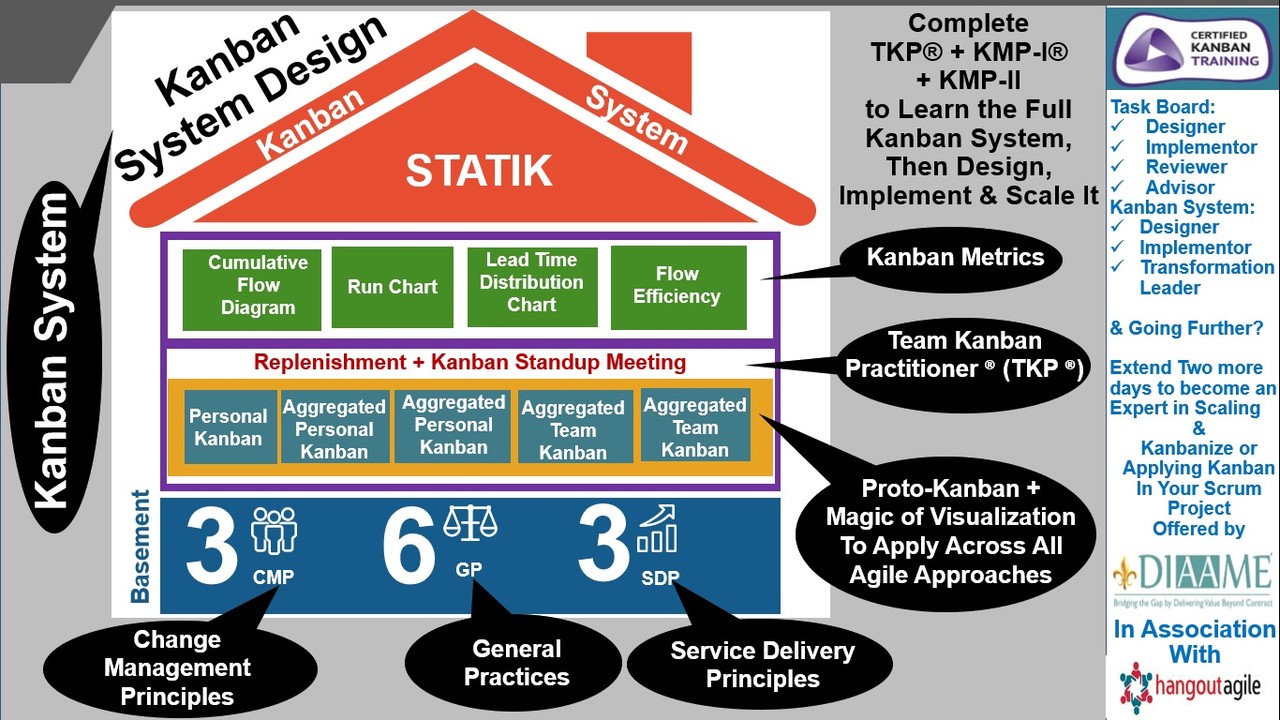Can We Live in Isolation?
In My Opinion, No Man Can Live in Isolation and Survive. Every man depends on others to fulfill his various needs like food, safety, love, recognition, health, etc.. He has to maintain a cordial relationship with all to live comfortably and to get another support’s in a difficult situation.
Good & Bad Relationships
Good Relationship makes life enjoyable, where Bad Relationship makes it hell. Certain relationships come by birth. For example, relationship with parents, children, siblings, grandparents, uncles, and aunts. Certain relationships are acquired, for example, spouse, friends, colleagues & neighbors. Some relationships last longer or even for life whereas some stay only for a short period.
Can We Learn Skills for Improving & Maintaining Relationship?
Yes, Improving and Maintaining Relations is a skill to be learned by one and all. Many of us lack this skill and suffered from a strained relationship with one or many. This is one of the causes of distress, divorce, negative emotions, broken homes, alcohol & drug abuse, crimes, aggression, suicide & homicides as well as a wide range of psychosomatic diseases.
Factors Which Influences The Relationships
Development & Functioning of the Mind
If ‘ID’ part of the mind is very strong, the person becomes self-centered and selfish. He may not bother to maintain a good relationship with others. If EGO and SUPEREGO parts of the mind are weak, one may fail to understand the reality and norms of the society. The experience of the child during the first five years of life shape the interpersonal relationship skills of the individual.
Personality Types
Knowledge, attitudes, the pattern of actions and reactions, controlled expression of emotions, goals, and aspirations are the components of personality which develop over a period of 20 long years. Unhealthy personality-types lead to disturbed relations with the concerned people.
For example, Schizoid (Severe Introvert), Paranoid (Suspicious), Aggressive, Anankastic (highly perfectionist), Avoidant (Fear of Interacting with People), Schizotypal (Odd & Eccentric thoughts and behavior), Histrionic (highly attention-seeking), Anti-social, Borderline (lonely, unstable, interpersonal relations), Type A (Highly ambitious) etc..
I.Q
Persons with very low I.Q fail to develop and maintain meaningful relationships. They cannot adapt to the realities of life. Highly intelligent persons, though command respect from others, may get preoccupied with their work and achievement and neglect relationships.
Needs
If needs are fulfilled, the person remains satisfied and is in a position to relate to people. But if the needs are very high and not fulfilled, his frustrations increase. He may become jealous, blame others and relationships may break.
Money & Materials
Money is essential for living. If the person is poor, he is neglected by his own family, friends, and relatives. If he is rich and powerful, others may try to become closer to him for their own gains. Money and power may bring arrogance and disturb the interpersonal relationship.
Communication
Good and Effective communication is essential for people to understand each other. One has to communicate his views, feelings and needs to others so that they support him. Poor and Inadequate communication leads to misunderstanding and misinterpretations which may spoil the relationship.
Interests, Hobbies & Activities
Common interests, hobbies, and activities between two or more individuals help in building a meaningful and encouraging relationship. Diverse interests and hobbies may separate people.
Roles
Each person has to play different roles and each role carries specific responsibilities and expectations. Understanding these roles (as parents, child, siblings, head/Leader, care-giver, follower) and discharging duties helps in maintaining a good relationship.
Emotions
Positive emotions like pleasure, love, kindness, sympathy, pride improve the relationships Whereas negative emotions like sadness, anger, fear, jealousy, excessive shyness, hatred jeopardize the relationships. Appropriate and smooth emotional expression helps in maintaining a good relationship.
Self-esteem
The person should have adequate self-esteem. Both low self-esteem (inferiority feelings)& high self-esteem (Superiority Complex) disturb the relationship.
Health
Sickness brings dependency. It can also bring people together and strengthen the relationship. But certain illnesses make people develop a negative attitude towards the patients and reject them. For example, leprosy, asthma, epilepsy, mental diseases, AIDS and other sexually transmitted diseases. In mental disorders, unusual abnormal behaviors may break the relationship.
Socio-Cultural & Religious Factors
Each society and sub-group have their own traditional norms in social relationship. For example, how to treat the guest, how to interact in social gatherings, how to react to life-events. If a person does not follow these norms, his relationship with others may get strained. Religious beliefs & practices either help to bind or break relationships. Religion brings kinship among people with divergent characteristics but religious fanaticism leads to war & violence.
How to Improve Interpersonal Relationship?
A good interpersonal relationship is essential for health & harmony in family, work-space & Society. Here are the 12 methods to Improve Relationship:
R
Role Responsibility should be attended to Respect others
E
Expect Less and Empathize More with others
L
Show Love and Affection unconditionally. Language should be good.
A
Appreciate more & criticize less.
T
Trust others and allow them to Trust you. Take less and give more. Talk and Communicate freely.
I
Involve others in your work and activity
O
Oblige to Other’s needs. Have an Open mind to Others views.
N
Change Negative attitudes towards others to Positive attitudes. Look at the goodness of people.
S
Share your feeling, Share your resources with others.
H
Have Common Hobbies with the family, friends & neighbors,
I
Do Not Insult People.
P
Pardon others acts of omissions and commissions. Use punishment as a last choice.
Closing Thoughts
The best way is to learn the skill of improving interpersonal relationships which help to generate positive emotions and positive health.
Do You Agree?
Please share your views as comments. You can write to me sharing your thoughts through dileepav@diaame.com
You could also view my other Articles on https://www.hangoutagile.com/blog
You can also Join our Whats-app & LinkedIn Group (+91 702 538 1111 – Hangoutagile Community) specifically to discuss more on this.
Write to info@diaame.com OR WhatsApp to +91 702 538 1111.
Are You Curious to Participate in any of My Agile Coaching or Training Certification Events, Please write to Info@diaame.com
!!! :-😊) HAPPY LEARNING :-😊) !!!








